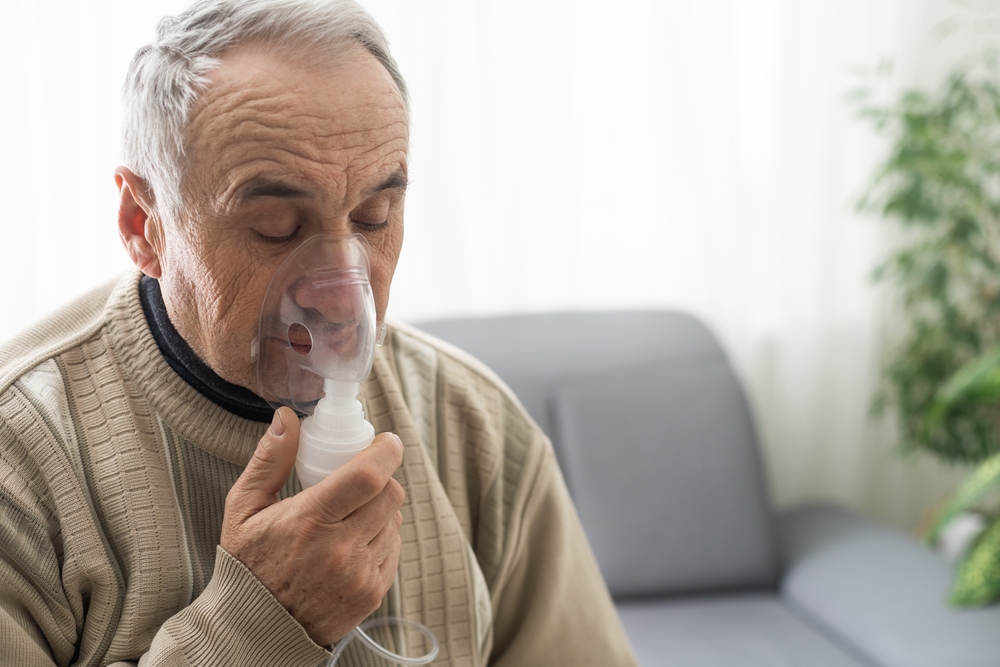Cystic Fibrosis in Adulthood: Managing Health and Embracing Life

Cystic fibrosis (CF) causes extreme damage to the lungs, digestive system, and other organs in the body. This inherited disease affects the cells that are responsible for producing mucus, sweat, and digestive juices. They cause defects in the gene, making the usually thin and slippery secretions sticky and thick. Therefore, instead of acting as lubricants, the secretions block the tubes, ducts, and passageways. Cystic fibrosis is a progressive disorder that requires daily care. With medical advancements, people often have a better quality of life as they can attend school and work than people with CF in older times.
Causes:
A mutation in the cystic fibrosis transmembrane conductance regulator (CFTR) gene causes the disease. This causes changes in a protein regulating the movement of salt in and out of cells, resulting in thick, sticky mucus in the respiratory, digestive, and reproductive systems and increased salt content in sweat.
Many different defects can occur in the gene, and the severity of the condition depends on the type of gene mutation. Cystic fibrosis is a recessive disorder, meaning children inheriting one copy of the mutated gene from each parent will get the disease, but if they inherit only one copy, they won't develop cystic fibrosis and will only be carriers.
Symptoms:
The appearance of cystic fibrosis signs and symptoms depends on the severity of the disease. Some people may have a milder disease if they do not experience symptoms until adulthood. Signs and symptoms of CF mostly affect the respiratory and digestive systems, along with some other issues such as:
- A persistent cough
- Wheezing
- Lung infections
- Pancreatitis
- Sinusitis
- Malnutrition
- Infertility
- Arthritis
- Foul-smelling, greasy stools
- Poor weight gain and growth
- Intestinal blockage, particularly in newborns
- Chronic or severe constipation, eventually leading to protrusion of some parts of the rectum outside the anus
- Higher salt content in sweat
Complications:
Cystic fibrosis complications can impact the respiratory, digestive, and reproductive systems, among other organs.
Respiratory system complications:
- Damaged airways (bronchiectasis): Abnormal widening and scarring of the airways (bronchial tubes).
- Chronic infections: These include sinus infections, bronchitis or pneumonia.
- Growths in the nose (nasal polyps): Inflammation and swelling of the nasal passage can lead to the development of soft, fleshy growths (polyps).
- Coughing up blood (hemoptysis): Due to airway damage and infection
- Pneumothorax: Air leaks into the space separating the lungs from the chest wall, and part or all of a lung collapses.
- Respiratory failure
- Acute exacerbations: Worsened respiratory symptoms, like coughing with more mucus and shortness of breath.
Digestive system complications
- Nutritional deficiencies: As thick mucus can block the tubes that carry digestive enzymes to move to the intestines, breakdown and absorption become lower.
- Diabetes: Blood sugar regulator, insulin is produced in the pancreas. Therefore its damage can lead to the risk of diabetes.
- Liver disease: Due to the blockage of bile-carrying tubes. Liver problems, such as jaundice, fatty liver disease and cirrhosis and sometimes gallstones may be caused
- Intestinal obstruction: Intestinal blockage or an intussusception, wherein a part of the intestine slips inside an adjacent section of the intestine like a collapsible telescope, also can occur.
Reproductive system complications
- Thick mucus blocks the vas deferens connecting the testes and prostate gland in men.
- It also leads to reduced fertility in women.
Other complications
- Thinning of the bones (osteoporosis)
- Electrolyte imbalances and dehydration.
- Mental health problems.
Diagnosis:
A comprehensive exam and a thorough study of family history are undertaken to diagnose cystic fibrosis in adults. The diagnosis most often includes:
- A sweat test measures the salt quality in your sweat. A person with cystic fibrosis generally has more salt in their sweat.
- A genetics test.
- Sputum (mucus) test, and a lung function test.
- Imaging techniques like X-ray, CT scan and MRI are also ordered.
Treatment:
Treatments for cystic fibrosis must be carried out daily and are not a one-time thing. Daily treatments generally include:
- Airway clearance techniques by loosening mucus
- Nutrition therapies
- Supplements
- Exercise
- Mucus-thinning medicines and bronchodilators are likely prescribed for daily medical routines for better lung functions.
- Antibiotics are used regularly for lung infections.
- Lung transplantation may be required in severe cases.
Conclusion:
Cystic fibrosis damages the cells that produce mucus, perspiration, and digestive fluids. These fluids that are released are often slippery and thin. In people with cystic fibrosis, however, a faulty gene causes the secretions to become sticky and thick. Instead of functioning as lubricants, these secretions block tubes, ducts, and passages, notably in the lungs and pancreas.






